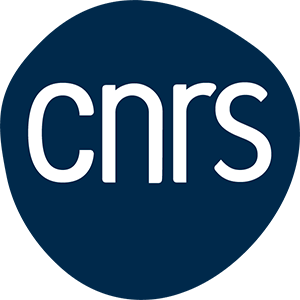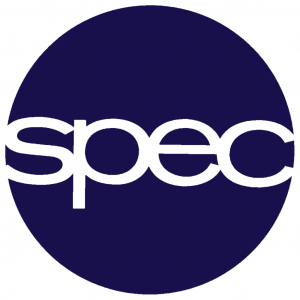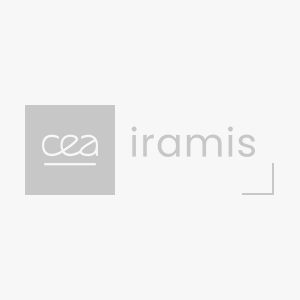An important difficulty arises in the formal description of the classical Hall effect. This is due to the fact that the amount of electric charges accumulated at the edges of a Hall bar is not directly imposed by the external constraints but by the system itself, in reaction to the current injection and the effective magnetic field (like for the Le Chatelier-Lenz principle). As a consequence, since the quantitative determination of the solution of the spin-dependent drift-diffusion equations necessitates local boundary conditions, this determination is problematic. This is not a problem in the academic case of a perfect Hall bar, but the case of a Hall bar with the two lateral edges contacted through a resistance (case of all realistic voltmeter) seems not to have been solved in the literature. We show that the problem can be solved on the basis of a least dissipation principle [1-4]: the global constraints are then used instead of the missing local boundary conditions. The minimization of the dissipation functionnal leads to analytical expressions of the profiles of the density of electric charges, of the longitudinal current, and of the transverse current. On the other hand, it is easy to understand the classical Spin-Hall effect intuitively in the framework of the two-spin-channel model, as a Hall effect applied two times with opposite effective fields for each spin channel. This simple intuitive description will be presented and discussed. The global picture should be understandable without any preliminary knowledge about spin-dependent transport phenomena.
[1] M. Creff et al., Surface current in Hall devices, J. Appl. Phys 128, 054501 (2020)
[2] F. Faisant et al., The physical properties of the Hall current, J. Appl. Phys. 129, 144501 (2021)
[3] P.-M. Déjardin and J-E. Wegrowe, Stochastic description of the stationary Hall effect, J. Appl. Phys. 128, 184504 (2020)
[4] M. Creff, E. Olive, and J.-E. Wegrowe, Screening effect in Spin-Hall Devices, Phys. Rev. B 105, 174419 (2022).
Laboratoire des Solides irradiés (LSI) École Polytechnique& CNRS & CEA, Palaiseau




